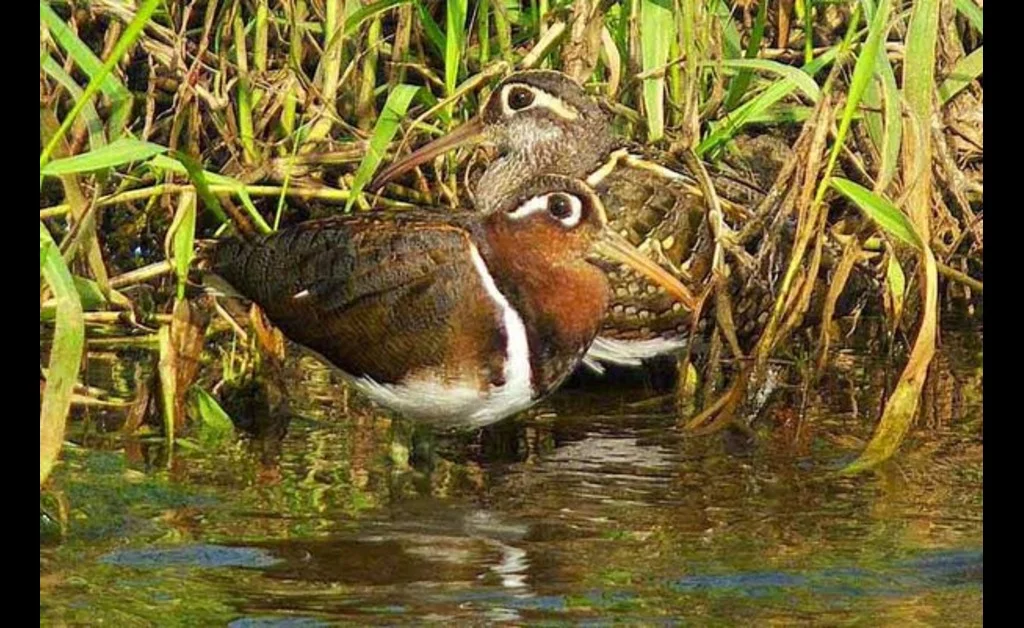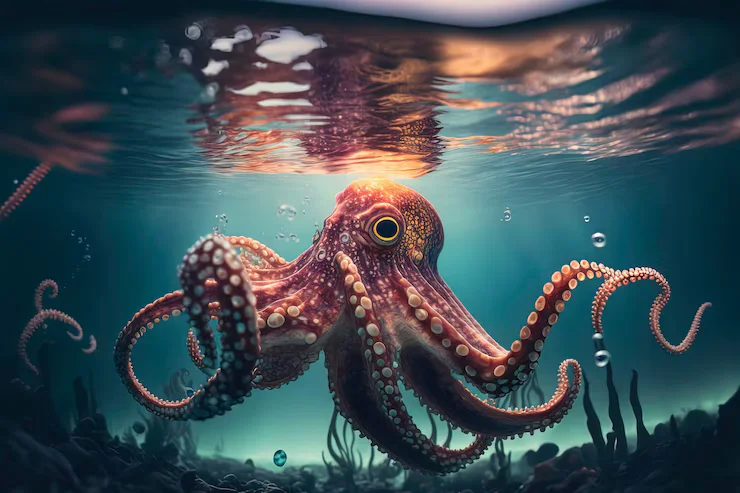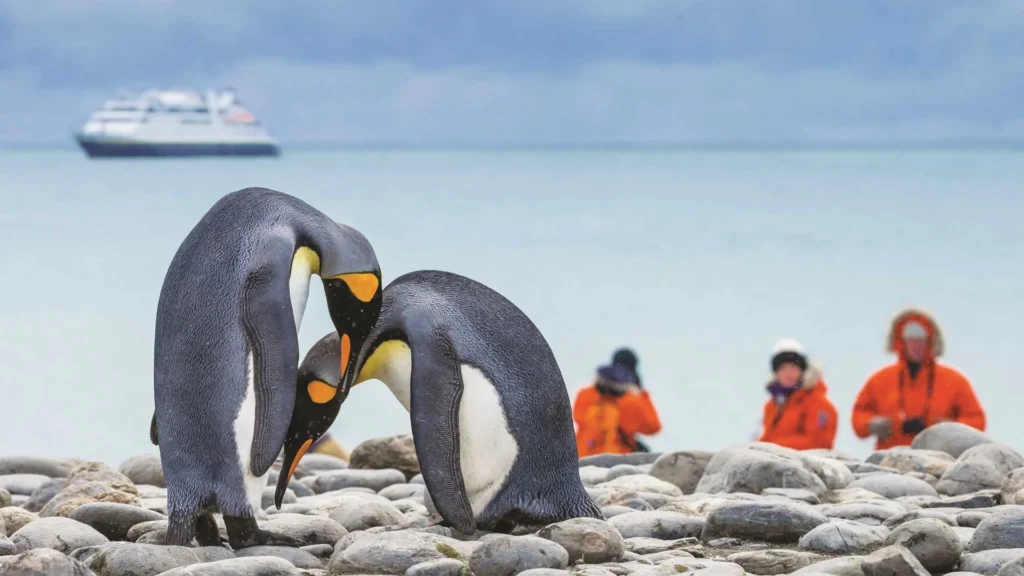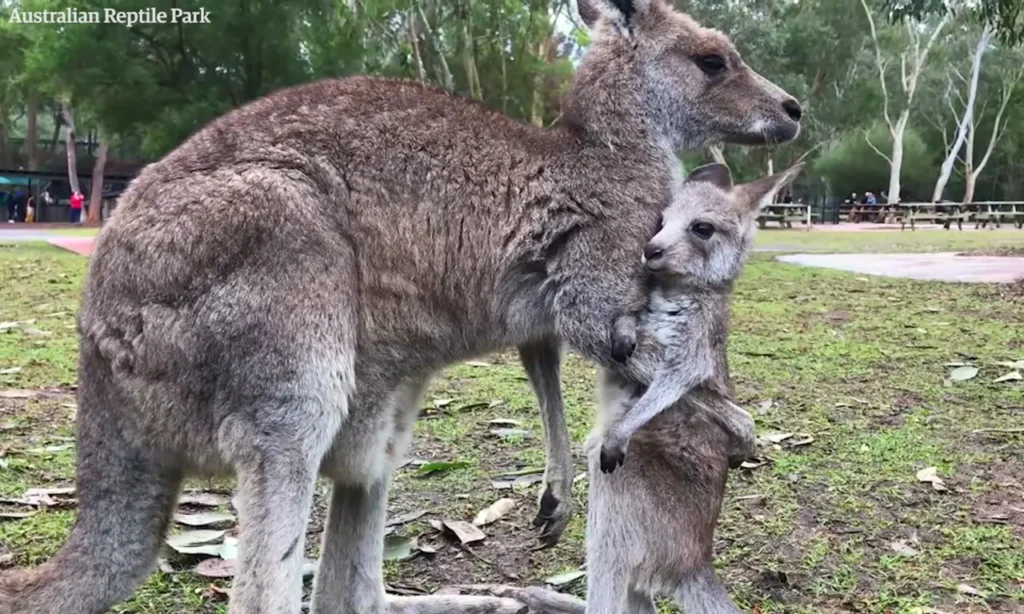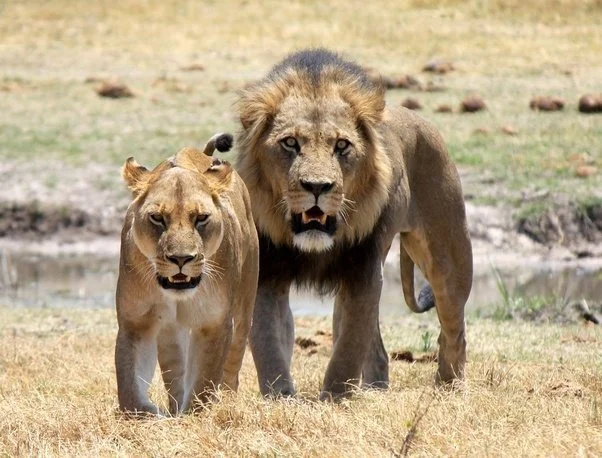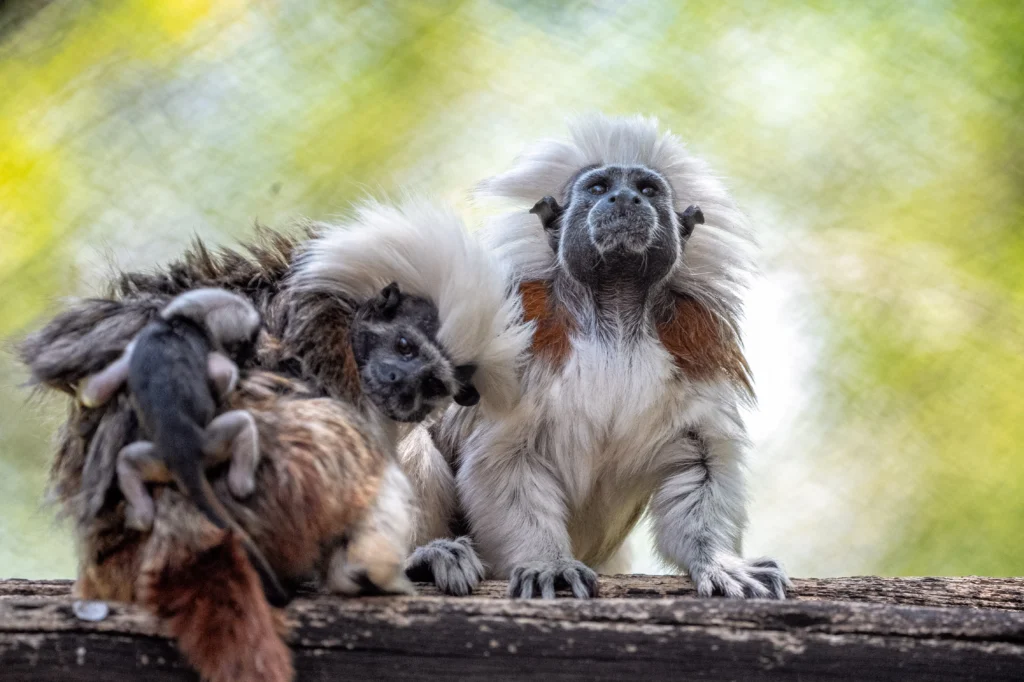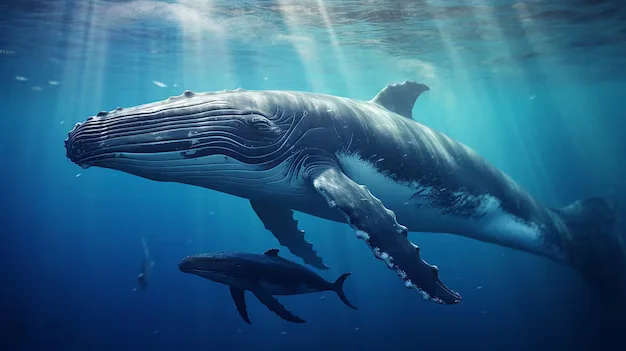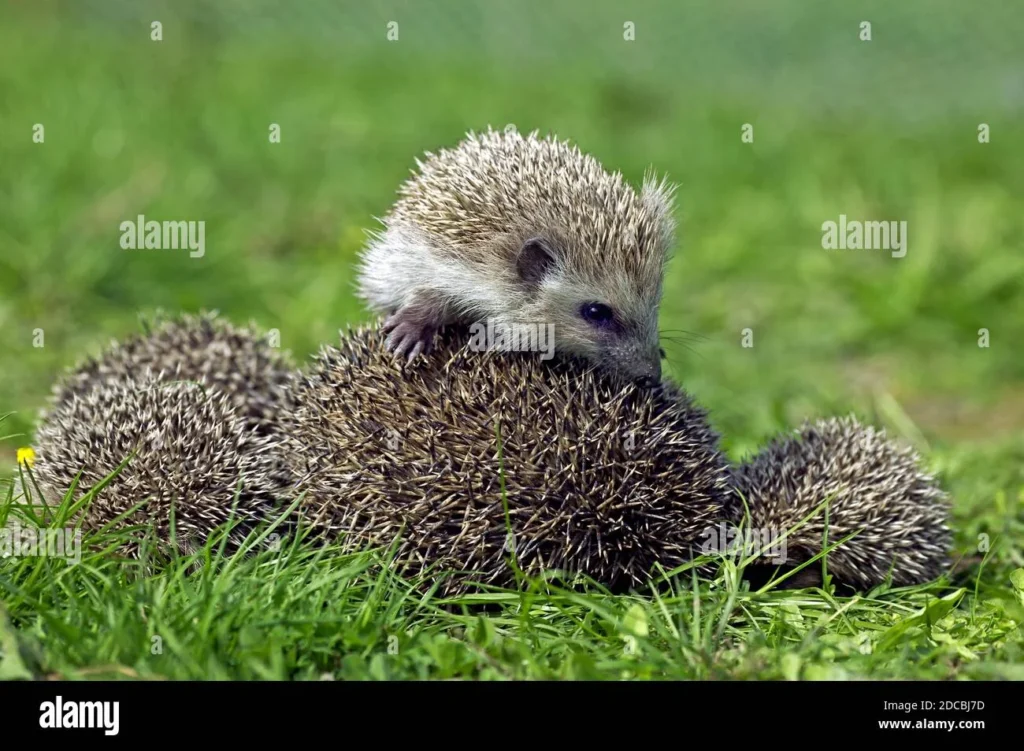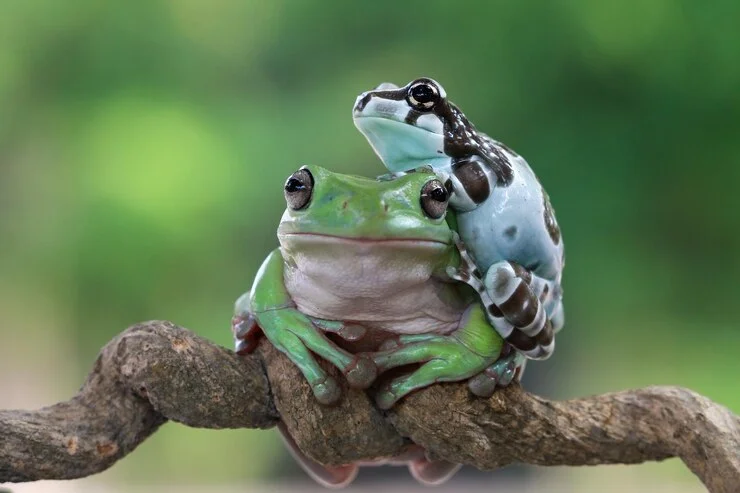The Animal Kingdom’s Most Devoted Moms: Sacrifices and Strategies for Survival
Across the animal kingdom, motherhood takes countless forms, driven by an unwavering instinct to protect and nurture young. From gentle giants like African elephants to fiercely dedicated dung beetles, these mothers exhibit remarkable behaviors to ensure the survival of their offspring. But some animal mothers go above and beyond, facing extreme challenges and making incredible sacrifices. Let’s delve into the fascinating world of these animal superheroes and explore their awe-inspiring strategies.
Sacrificial Devotion: Unveiling the Secrets of the Giant Pacific Octopus
The giant Pacific octopus reigns supreme in the category of selflessness. This solitary creature lays a staggering clutch of 50,000 to 70,000 eggs within a carefully constructed den. For a grueling six months, the mother octopus transforms into a guardian angel, meticulously cleaning her eggs and relentlessly fending off predators. Remarkably, she accomplishes this Herculean task without eating a single bite. By the time the eggs hatch, the mother is near exhaustion, having sacrificed her life force for the next generation.
Enduring Hardship: The Emperor Penguin’s Icy Odyssey
Emperor penguins brave some of the harshest environments on Earth to raise their young. Imagine this: the brutal Antarctic winter descends, and female emperors lay a single, precious egg. Here’s where the true test of endurance begins. The mothers embark on long and arduous foraging journeys at sea, leaving the incubation duties to the fathers. The male emperors huddle together in massive groups for warmth, balancing the egg on their feet for months on end. Once hatched, the chicks rely on the returning mothers for food, creating a complex ballet of chick-rearing amidst the frozen wasteland. This shared responsibility between parents exemplifies the power of teamwork in the animal kingdom.
Masters of Multitasking: The Gray Kangaroo’s Juggling Act
Gray kangaroos are the ultimate champions of multitasking motherhood. These marsupials possess a remarkable ability to become pregnant again shortly after giving birth, sometimes even while a joey is still nestled comfortably in their pouch. This evolutionary marvel allows them to take advantage of favorable environmental conditions, maximizing their reproductive success. Joeys develop rapidly within the pouch, emerging after around eight months. But the journey doesn’t end there. These furry hitchhikers then climb onto their mother’s back, clinging on for dear life as they continue to grow. This constant companionship requires immense energy from the mother kangaroo, who must find food for herself and her developing joey.
Beyond the Spotlight: A Celebration of Unsung Heroes
These are just a few examples of the countless animal mothers who deserve recognition for their unwavering commitment. From the tireless hunting of cheetah mothers to the protective instincts of crocodile mothers guarding their hatchlings with unmatched ferocity, the animal kingdom is brimming with stories of extraordinary maternal dedication.
A Gallery of Devoted Mothers: Exploring the Diversity of Parental Care
The Fierce Protectors: Lionesses
Renowned for their hunting prowess, lionesses are also dedicated mothers. They work tirelessly to raise their cubs, fiercely protecting them from predators and teaching them the essential skills needed to survive in the African savanna. Jane Goodall, a renowned primatologist, famously documented the nurturing behavior of lionesses in her groundbreaking studies of chimpanzees.
The Survival Architects: Tamarin Monkeys
These pint-sized primates exhibit a fascinating social structure. In tamarin monkey societies, the females take center stage. The dominant female leads the troop, while other females within the group collectively care for the young. This cooperative childcare system ensures the survival of the offspring and exemplifies the power of community in the animal kingdom.
The Ocean’s Gentle Giants: Humpback Whales
Mother humpback whales are known for their nurturing nature. They embark on long migrations with their calves, providing them with essential milk and protection from predators. Their complex vocalizations, sometimes referred to as “whalesongs,” are believed to play a role in communication between mothers and calves.
The Insectivores with Superpowers:
Dung Beetles While dung beetles may not be conventionally considered cute or cuddly, their maternal instincts are nothing short of remarkable. Mother dung beetles meticulously sculpt balls of dung, burying them underground and laying their eggs inside. They ensure the dung ball provides a haven and a nutritious food source for their developing larvae.
The Masters of Disguise: Suriname Toad Moms
Suriname toad mothers go to incredible lengths to protect their young. Unlike most amphibians that lay eggs in water, Suriname toad females lay their eggs on the backs of the males. The male carries these precious eggs around for weeks, his skin developing a special pouch to protect them from the elements and predators. Once the eggs hatch, the tadpoles magically erupt through the male’s back, a truly unique and fascinating adaptation in the animal world.
Maternal Instinct Fuels Danger
While any predator can be a threat, especially when protecting their young, some animals surprise us with their ferocity. Mammals, known for extensive parental care, can be particularly dangerous. This includes animals you might not expect, like seemingly docile herbivores.
Beyond Claws and Fangs
While bears, wolves, and big cats are well-known for their defensive prowess, even a moose can turn aggressive if it feels its calf is threatened. These seemingly peaceful herbivores can charge, trample, and gore with surprising speed and power. Deer and elk, though more timid, will also fiercely defend their young.
Domesticated Dangers
Don’t underestimate the protective instincts of domesticated animals either. Horses, if unable to flee with their foals, will defend them by kicking and stomping. Cows, bison, and buffalo form formidable walls with their bodies to shield their young from danger.
